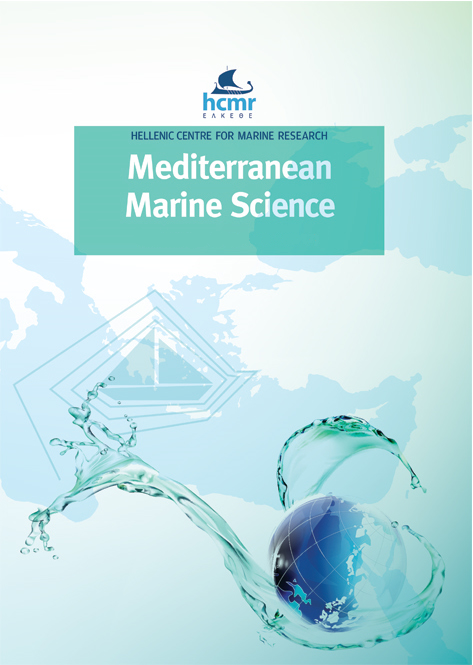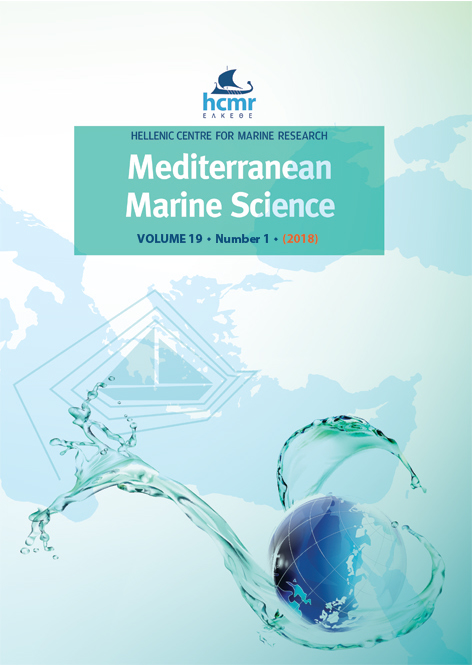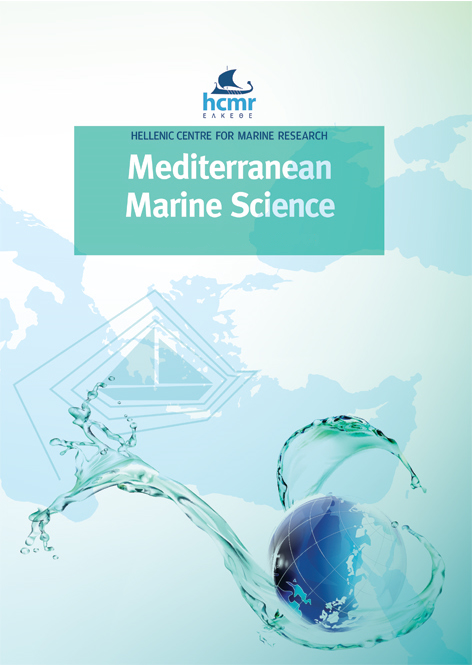Re-appearance of the gregarious gastropod Dendropoma anguliferum (Vermetidae) on abrasion platforms in the Carmel coast (Northern Israel)

Abstract
After three decades of sharp decline in the Dendropoma populations in Israel and genuine concern for their extinction, we affirm the re-appearance of the gregarious gastropod Dendropoma anguliferum on abrasion platforms in the Carmel coast (Northern Israel). A visual survey conducted during December 2020 and February 2021 along the rims of abrasion platforms in the Carmel coast area revealed 195 living clusters of live D. anguliferum. DNA sequences from tissue samples unambiguously supported the identity of our material as the Levantine Sea member D. anguliferum of the Dendropoma petraeum species complex, with 99- 100% identity to sequences obtained from D. anguliferum from Southern Lebanon.
Article Details
- How to Cite
-
BARNEAH, O., LIDOR-NAIM, M., TSADOK, R., YAHEL, R., & KUSHMARO, A. (2024). Re-appearance of the gregarious gastropod Dendropoma anguliferum (Vermetidae) on abrasion platforms in the Carmel coast (Northern Israel). Mediterranean Marine Science, 25(2), 272–278. https://doi.org/10.12681/mms.36181
- Section
- Short Communication
Authors who publish with this journal agree to the following terms:
- Authors retain copyright and grant the journal right of first publication with the work simultaneously licensed under a Creative Commons Attribution Non-Commercial License that allows others to share the work with an acknowledgement of the work's authorship and initial publication in this journal.
- Authors are able to enter into separate, additional contractual arrangements for the non-exclusive distribution of the journal's published version of the work (e.g. post it to an institutional repository or publish it in a book), with an acknowledgement of its initial publication in this journal.
- Authors are permitted and encouraged to post their work online (preferably in institutional repositories or on their website) prior to and during the submission process, as it can lead to productive exchanges, as well as earlier and greater citation of published work (See The Effect of Open Access).






